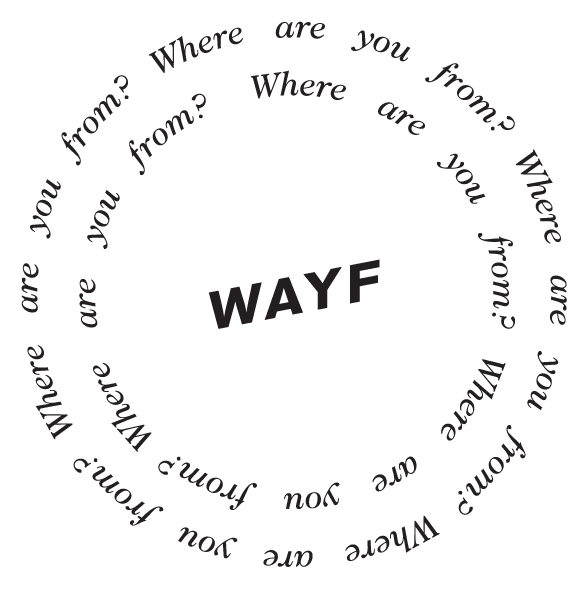Viva Timor Leste
Ricka Juliana
When I became a single mother, it was really important to me to show my girls that families come in all shapes and sizes. Our heritage is East Timorese and Portuguese, which are both very traditional and Catholic cultures. My childhood was filled with the perfect picture of what it meant to be a family—my grandparents, aunties, uncles and friends, all had traditional households with consistent familial roles. So that was what I aspired to for my life.
I try to explain our circumstances to my girls without sharing the full story because they’re so young. But I treat them as individuals who see and feel more than people think children have the capacity to. They ask me why their cousins have both their parents and they don’t, and I reassure them that everyone is safe, healthy, and loved, which is more important than having someone physically present but not actually present.
After the girls’ dad and I broke things off, I became the main caretaker. It was confronting for my family. Having children out of marriage is a huge taboo in our culture. East Timor is such a young country, there are single parents, but who were made to be single parents not by choice but out of war and death. So it was hard for my family to understand why we couldn’t just make it work.
My family was very involved in the Timorese fight for independence, and now in the efforts to rebuild. They moved back to Timor when I was young, so I was raised by my grandparents, but they took me back every year. Dad went to serve in the military, and my mum was working with NGOs. One of my aunties, my mum’s cousin, lost her dad in the war. No one knows where he is to this day. Her mum had so much strength to get through all of that. She leaned on our family unit and raised my aunty and uncle despite what happened. They got through an invasion by one of the world’s most powerful countries by coming together. East Timor barely had a population of 600,000 people versus a population of hundreds of millions, and many other countries banded together to exploit our country. It’s one of those miracle stories, but it’s not miraculous in the sense that it just happened out of nowhere. We survived because of how people came together.
It’s been 21 years since we gained independence, and yet people still think of Timor as a little developing island. Not many know what they’ve gone through in such a small amount of time. But no matter the pain or circumstances, the resilience we have is a huge driving force for people in Timor. We gathered the strength to take care of those who are still living and keep our families safe. Growing up, seeing the damage caused by the invasion, and in recent years, all of the developments Timor is making, it was a constant reminder to be grateful for all the opportunities and safety I had being raised elsewhere. It’s easy to lose sight of these things when life has been easier for you, and going back is a constant reminder that anything and everything can be taken away at any moment.
So now when I think about being a single parent, that history is a massive driving force. I remind myself that there is no excuse not to do better. There are moments when I feel as though I would love to share the experience of raising the girls with someone—the little things they’re learning and growing through, but until someone can give happy and healthy input to our lives, it’s not worth trying to just fill a gap. That gap can be filled with everything that already exists.
Knowing the level of independence and love I can provide for my girls, I hope that I’ve shown them—and my cousins, nieces and nephews—that even if things look different to our cultural norms, it doesn’t mean that it’s not valuable. What’s in front of you, you cherish and keep putting effort toward—you keep fighting for. Because if Timor could get through all of that. We can get through anything.
